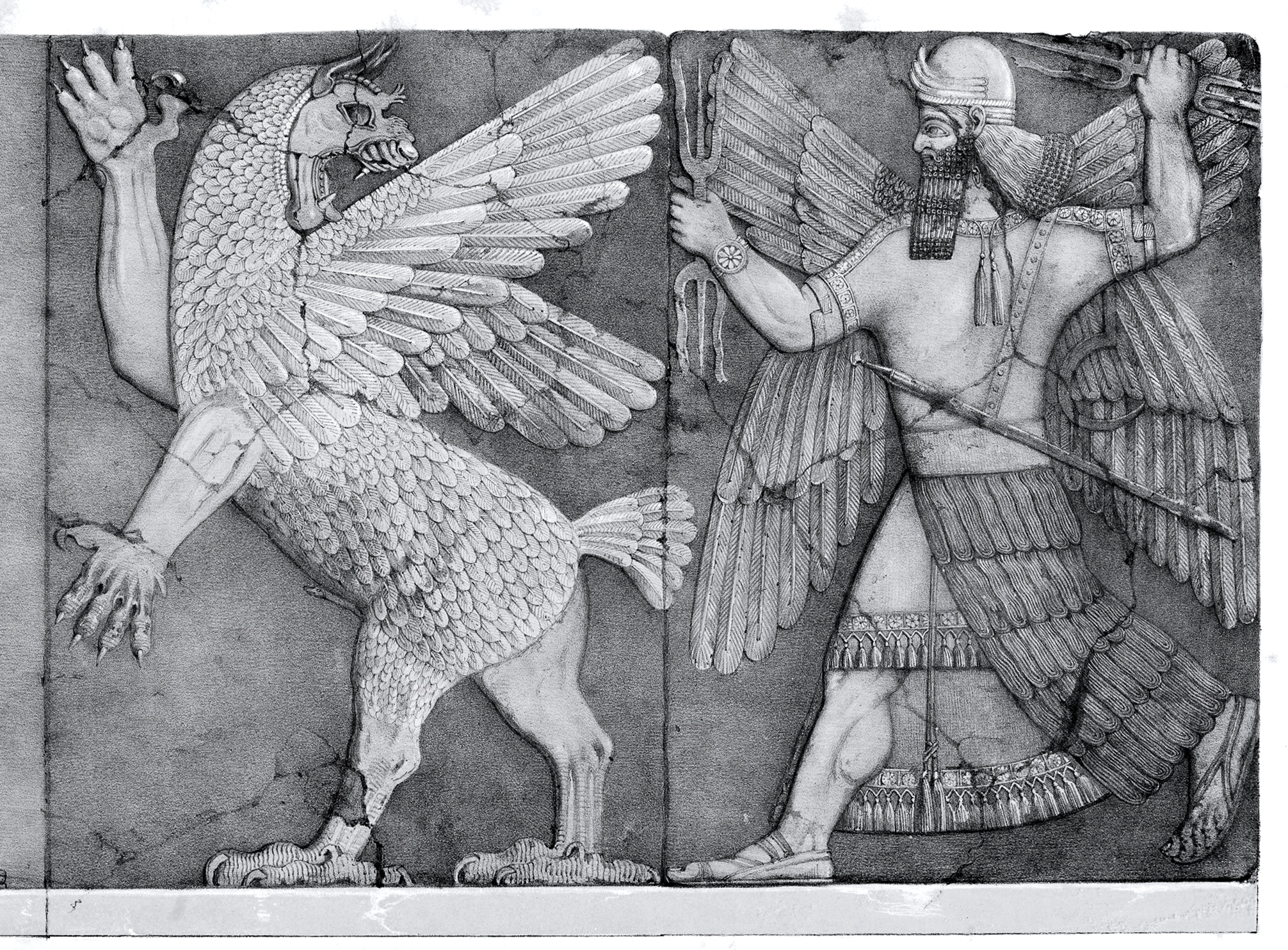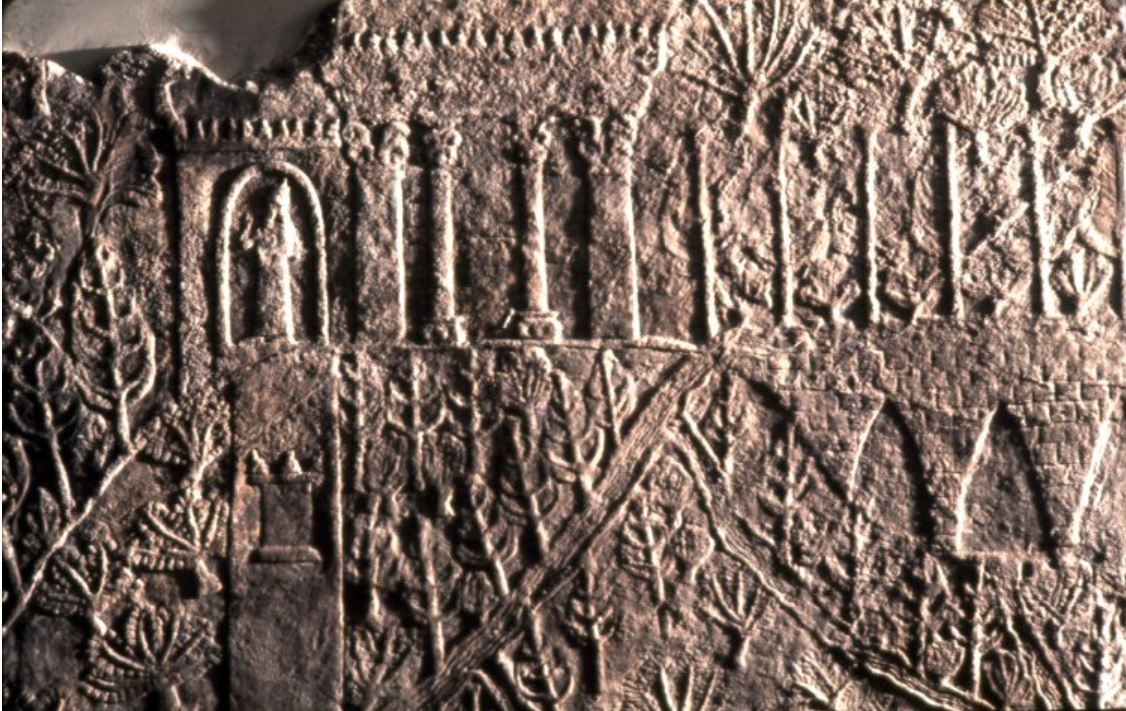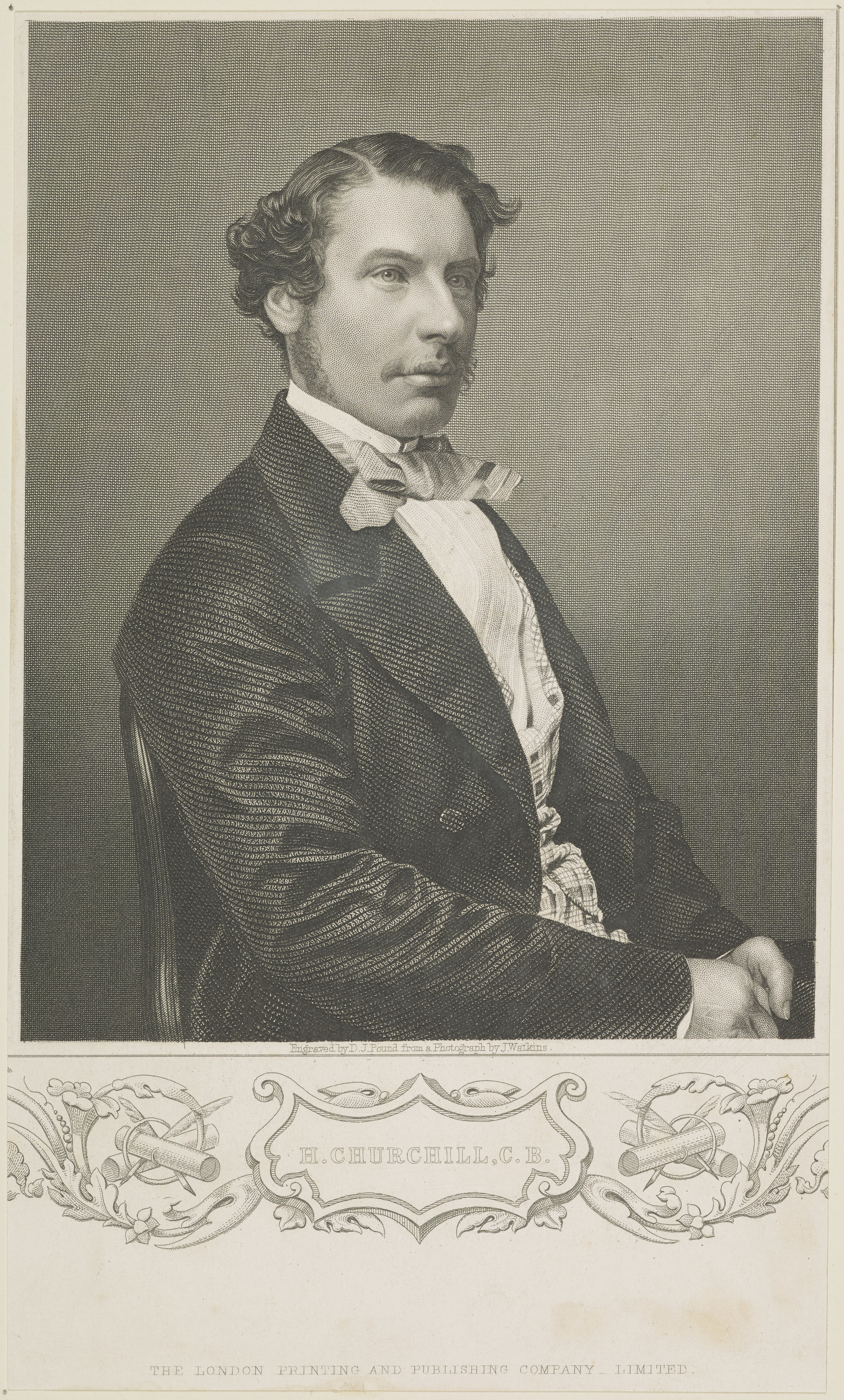|
List Of Assyriologists
This is a partial list of Assyriologists. An Assyriologist is a person who specializes in the archaeological, historical, cultural and linguistic study of Assyria and the rest of ancient Mesopotamia (Iraq). A * Arthur Amiaud (French, 1849–1889), known for early researches into Babylonian and Assyrian inscriptions. B * Zainab Bahrani (Iraqi, born 1962), Professor of Ancient Near Eastern Art and Archaeology at Columbia University. * Taha Baqir (Iraqi, 1912–1984), former curator of the National Museum of Iraq, translated the ''Epic of Gilgamesh'' into Arabic. * Paul-Alain Beaulieu (Canadian, born 1955), Professor of Near and Middle Eastern Civilizations at the University of Toronto. * Behnam Abu Alsoof (Iraqi, 1931–2012), anthropologist, historian and writer, known for excavations in the Tigris valley. * Carl Bezold (German, 1859–1922), known primarily for research in Akkadian, catalogued the Library of Ashurbanipal. * Robert D. Biggs (American, born 1934), edito ... [...More Info...] [...Related Items...] OR: [Wikipedia] [Google] [Baidu] |
Assyriologist
Assyriology (from Ancient Greek, Greek , ''Assyriā''; and , ''-logy, -logia''), also known as Cuneiform studies or Ancient Near East studies, is the archaeological, anthropological, historical, and linguistic study of the cultures that used cuneiform writing. The field covers Pre Dynastic Mesopotamia, Sumer, the early Sumero-Akkadian city-states, the Akkadian Empire, Ebla, the Akkadian language, Akkadian and Imperial Aramaic speaking states of Assyria, Babylonia and the Sealand Dynasty, the Emigration, migrant foreign dynasties of southern Mesopotamia, including the Gutians, Amorites, Kassites, Arameans, Suteans and Ancient Chaldeans, Chaldeans. Assyriology can be included to cover Neolithic pre-Dynastic cultures dating to as far back as 8000 BC, to the Early Muslim conquests, Islamic Conquest of the 7th century AD, so the topic is significantly wider than that implied by the root "Assyria". The large number of cuneiform clay tablets preserved by these Sumero-Akkadian and Assyro- ... [...More Info...] [...Related Items...] OR: [Wikipedia] [Google] [Baidu] |
Carl Bezold
Carl Bezold (18 May 1859 – 21 November 1922) was a German orientalist. Known primarily for his research in Akkadian (Babylonian-Assyrian), he also researched other Semitic languages: Syriac, Ge'ez (Ethiopic) and Arabic.Bezold, Carl Christian Ernst @ NDB/ADB Deutsche Biographie Biography Carl Bezold was born in on 18 May 1859. He was educated at the Universities of and , where he ...[...More Info...] [...Related Items...] OR: [Wikipedia] [Google] [Baidu] |
Stephanie Dalley
Stephanie Mary Dalley FSA (''née'' Page; March 1943) is a British Assyriologist and scholar of the Ancient Near East. Prior to her retirement, she was a teaching Fellow at the Oriental Institute, Oxford. She is known for her publications of cuneiform texts and her investigation into the Hanging Gardens of Babylon, and her proposal that it was situated in Nineveh, and constructed during Sennacherib's rule. Biography As a schoolgirl, Stephanie Page worked as a volunteer on archaeological excavations at Verulamium, Cirencester, and Bignor Villa. In 1962, she was invited by David Oates, a family friend, to an archaeological dig he was directing in Nimrud, northern Iraq. Here she was responsible for cleaning and conserving the discovered ivories. Between 1962 and 1966 she studied Assyriology at Newnham College, Cambridge, part of Cambridge University, and followed it up with a PhD from the School of Oriental and African Studies, London. In the years 1966–67, Page was aw ... [...More Info...] [...Related Items...] OR: [Wikipedia] [Google] [Baidu] |
Yale University
Yale University is a Private university, private Ivy League research university in New Haven, Connecticut, United States. Founded in 1701, Yale is the List of Colonial Colleges, third-oldest institution of higher education in the United States, and one of the nine colonial colleges chartered before the American Revolution. Yale was established as the Collegiate School in 1701 by Congregationalism in the United States, Congregationalist clergy of the Connecticut Colony. Originally restricted to instructing ministers in theology and sacred languages, the school's curriculum expanded, incorporating humanities and sciences by the time of the American Revolution. In the 19th century, the college expanded into graduate and professional instruction, awarding the first Doctor of Philosophy, PhD in the United States in 1861 and organizing as a university in 1887. Yale's faculty and student populations grew rapidly after 1890 due to the expansion of the physical campus and its scientif ... [...More Info...] [...Related Items...] OR: [Wikipedia] [Google] [Baidu] |
Albert T
Albert may refer to: Companies * Albert Computers, Inc., a computer manufacturer in the 1980s * Albert Czech Republic, a supermarket chain in the Czech Republic * Albert Heijn, a supermarket chain in the Netherlands * Albert Market, a street market in The Gambia * Albert Music, an Australian music company now known as Alberts ** Albert Productions, a record label * Albert (organisation), an environmental organisation concerning film and television productions Entertainment * ''Albert'' (1985 film), a Czechoslovak film directed by František Vláčil * ''Albert'' (2015 film), a film by Karsten Kiilerich * ''Albert'' (2016 film), an American TV movie * ''Albert'' (album), by Ed Hall, 1988 * "Albert" (short story), by Leo Tolstoy * Albert (comics), a character in Marvel Comics * Albert (''Discworld''), a character in Terry Pratchett's ''Discworld'' series * Albert, a character in Dario Argento's 1977 film '' Suspiria'' People * Albert (given name) * Albert (surname) * P ... [...More Info...] [...Related Items...] OR: [Wikipedia] [Google] [Baidu] |
University Of Chicago
The University of Chicago (UChicago, Chicago, or UChi) is a Private university, private research university in Chicago, Illinois, United States. Its main campus is in the Hyde Park, Chicago, Hyde Park neighborhood on Chicago's South Side, Chicago, South Side, near the shore of Lake Michigan about from Chicago Loop, the Loop. The university is composed of an College of the University of Chicago, undergraduate college and four graduate divisions: Biological Science, Arts & Humanities, Physical Science, and Social Science, which include various organized departments and institutes. In addition, the university operates eight professional schools in the fields of University of Chicago Booth School of Business, business, Crown Family School of Social Work, Policy, and Practice, social work, University of Chicago Divinity School, divinity, Graham School of Continuing Liberal and Professional Studies, continuing studies, Harris School of Public Policy, public policy, University of Chi ... [...More Info...] [...Related Items...] OR: [Wikipedia] [Google] [Baidu] |
Miguel Civil
Miguel Civil (Miquel Civil i Desveus; May 7, 1926 – January 13, 2019) was an American Assyriologist and expert on Sumer and Ancient Mesopotamian studies at the University of Chicago Oriental Institute. According to his colleague, Christopher Woods, at the time of his death, Civil knew the Sumerian language better than anyone since it was last spoken 4000 years ago. Early life Civil was born in 1926 in Sabadell, Barcelona, Spain. He studied Sumerology in Paris and was associate researcher at the University of Pennsylvania from 1958 to 1963. From 1964 until 2001, he was Professor of Sumerology at the Oriental Institute in the University of Chicago. He was also associate director of studies of the École Pratique des Hautes Études in Paris, epigraphist of thNippur Expedition to Iraq a member of the editorial board of thChicago Assyrian Dictionary and main editor of the series Materials for the Sumerian Lexicon (in which he published several volumes). He is widely considered the ... [...More Info...] [...Related Items...] OR: [Wikipedia] [Google] [Baidu] |
Muazzez İlmiye Çığ
Muazzez İlmiye Çığ (''née'' İtil; 20 June 1914 – 17 November 2024) was a Turkish librarian, writer, and supercentenarian who specialised in the study of Hittites and Sumerian civilization. Early life Çığ's parents were Crimean Tatars both of whose families had immigrated to Turkey, with her father's side settling in the town of Merzifon, and her mother's side in the northwestern city of Bursa, Turkey's fourth-largest, which was, at the time, a major regional administrative center of the Ottoman Empire. Çığ was born Muazzez İlmiye İtil in Bursa, a few weeks before the outbreak of World War I and, by the time of her fifth birthday in 1919, the Greek Army's invasion of İzmir prompted her father, who was a teacher, to seek safety for the family by moving to the city of Çorum where young Muazzez completed her primary studies. She subsequently returned to Bursa and, by the time of her 17th birthday in 1931, graduated from its training facility for elementary school ... [...More Info...] [...Related Items...] OR: [Wikipedia] [Google] [Baidu] |
Henry Adrian Churchill
Henry Adrian Churchill CB (16 September 1828 – 12 July 1886) was an archaeological explorer of ancient Mesopotamia and a British diplomat who stopped much of the commercial slavery in Zanzibar and helped prevent a war between Zanzibar and Oman. Family and early life Churchill was born in Adrianople (modern day Edirne) in Turkish Thrace, the son of William Nosworthy Churchill. His second name was derived from his place of birth. His father was familiar with the Turkish language and the Ottoman Turkish script, having worked as a dragoman for the American Embassy in Constantinople (now Istanbul) and founded the first semi-official newspaper ''Ceride-i Havadis'' . His mother Beatrix (née Belhomme) was the daughter of a French merchant who had settled in the Ottoman Empire. He married Maria Braniewska (b. Warsaw 1839? – d. Pará, Brazil 1905) with whom he had 7 children. Four of his five sons, Harry Lionel (1860–1924), Sidney John Alexander (1862–1921), William Alge ... [...More Info...] [...Related Items...] OR: [Wikipedia] [Google] [Baidu] |
Dominique Charpin
Dominique Charpin (born 12 June 1954, in Neuilly-sur-Seine) is a French Assyriologist, professor at the Collège de France, and corresponding member of the Académie des Inscriptions et Belles-Lettres, specialized in the "Old-Babylonian" period. Biography Born on 12 June 1954 in Neuilly-sur-Seine, Charpin was in high school when a trip to Turkey and a stay in Syria and Lebanon in the following year determined his vocation. After graduating with a bachelor's degree in 1971, he pursued his studies in history, and more specifically chose to study epigraphy rather than archaeology, but learned these two subjects, and began to practice them during excavations in Iraq. He passed the agrégation of history in 1976, a doctoral dissertation in 1979 on the subject of ''Archives familiales et propriété privée en Babylonie ancienne'', and his doctorate thesis on ''Le Clergé d'Ur au siècle d'Hammu-rabi'' in 1984, under the direction of Paul Garelli... He participates in excavations a ... [...More Info...] [...Related Items...] OR: [Wikipedia] [Google] [Baidu] |
Jean Bottéro
Jean Bottéro (30 August 1914 – 15 December 2007) was a French historian born in Vallauris. He was a major Assyriologist, a renowned expert on the Ancient Near East and director of the Assyriology Chair at the École pratique des hautes études. He died in Gif-sur-Yvette. Biography He participated with other colleagues committed to the left ( Elena Cassin, Maxime Rodinson, Maurice Godelier, Charles Malamoud, André-Georges Haudricourt, Jean-Paul Brisson, Jean Yoyotte) in a Marxist think tank organised by Jean-Pierre Vernant. This group took on an institutional form with the creation, in 1964, of the ''Centre des recherches comparées sur les sociétés anciennes'', which later became the ''Centre Louis Gernet'', focusing more on the study of ancient Greece. Between 1965 and 1967, together with Elena Cassin and Jean Vercoutter, he was the editor of the three volumes of the (Fischer World History) devoted to the Ancient East. Works *Collab. with Marie-Joseph St ... [...More Info...] [...Related Items...] OR: [Wikipedia] [Google] [Baidu] |
Riekele Borger
Riekele or Rykle Borger (born 24 May 1929, Wiuwert, the Netherlands; died 27 December 2010, Göttingen, Germany) was a notable Dutch Assyriologist educated in the German tradition. He was the protégé of Wolfram von Soden, and taught as professor in the Seminar für Keilschriftforschung (Seminar for Cuneiform Studies) at the University of Göttingen, Germany. Most famous for his cuneiform sign lists, Borger also published the important work ''Handbuch der Keilschriftliteratur'', a detailed overview of all the published books and articles related to Assyriology that were available at the time. Up until his death, Borger was working on an updated version. His self-study method for Akkadian script and language, ''Babylonisch-Assyrische Lesestücke'' is, despite its age (1963), still being used and reprinted. Rykle Borger had been the assistant to Wolfram von Soden during the latter's work on ''Das Akkadische Handwörterbuch'' (AHW), one of the foundational works of modern Assyriolo ... [...More Info...] [...Related Items...] OR: [Wikipedia] [Google] [Baidu] |






